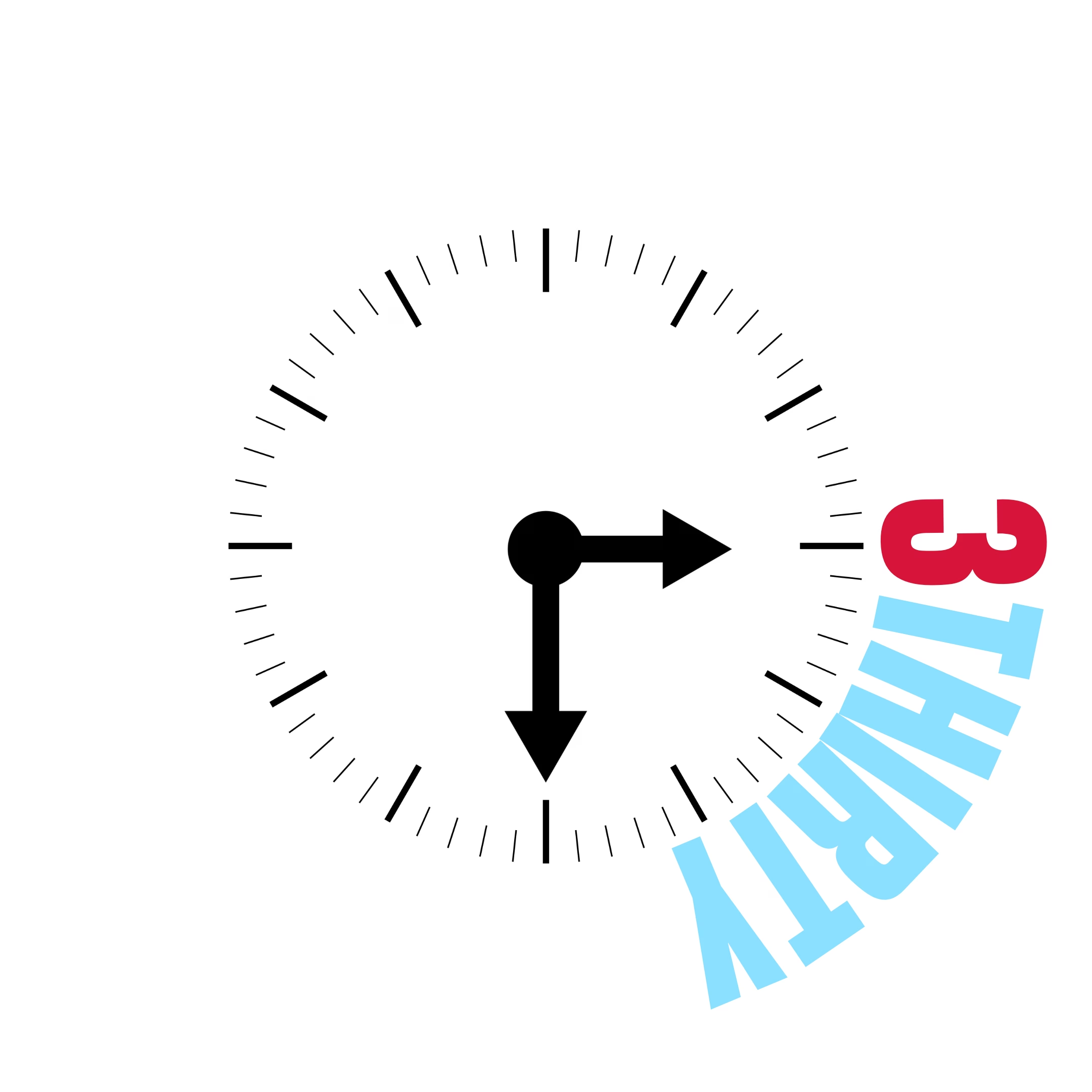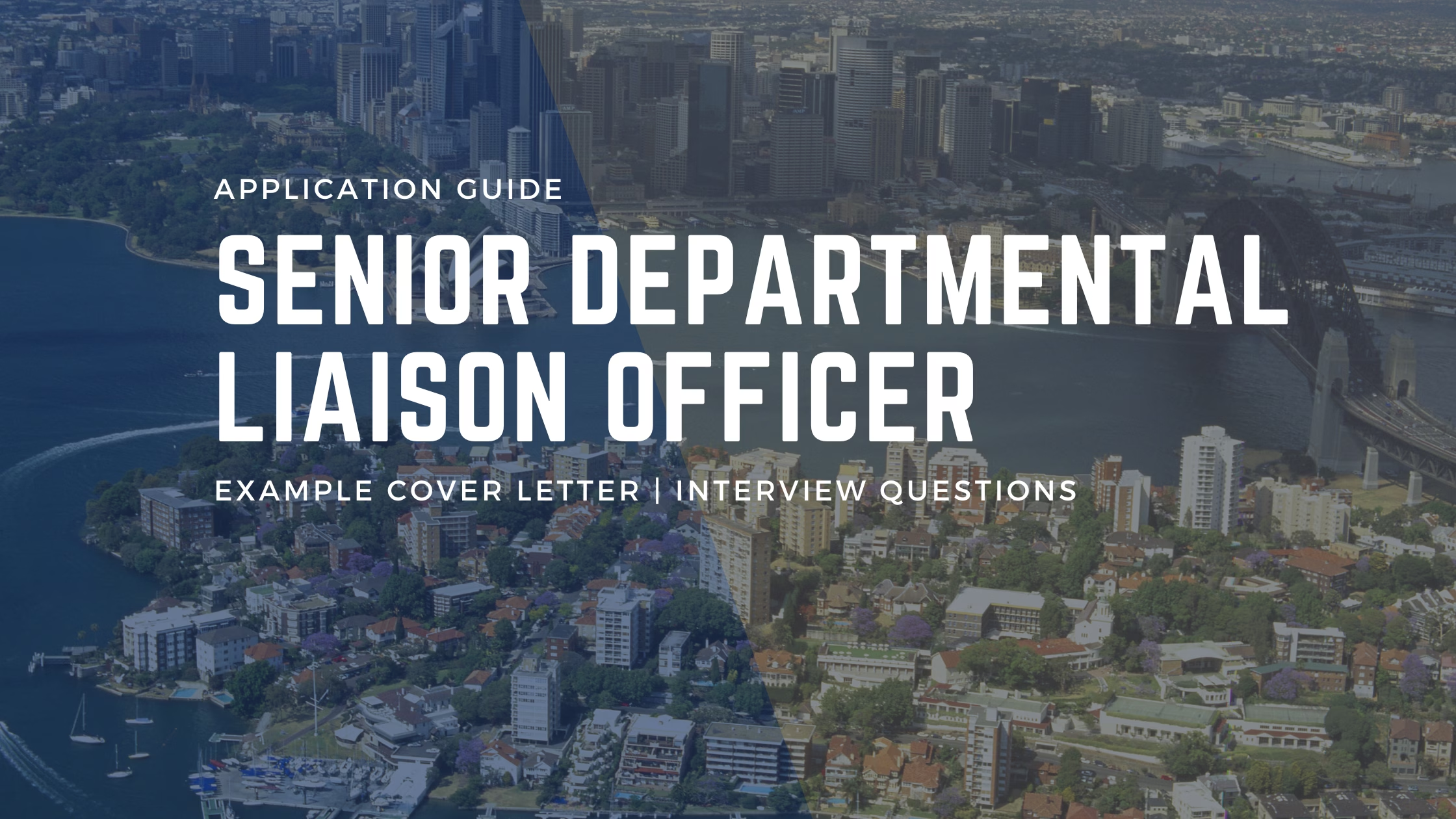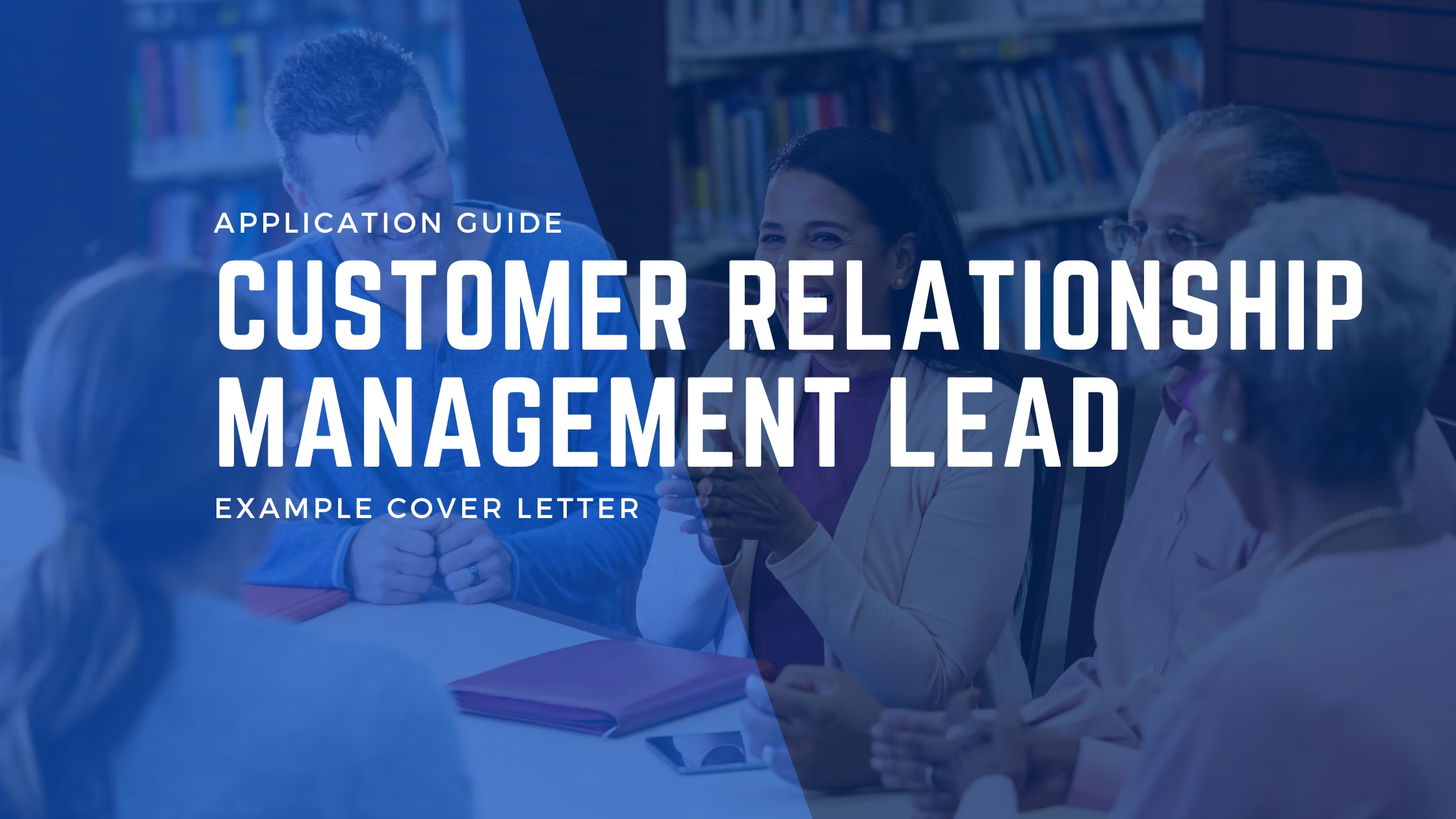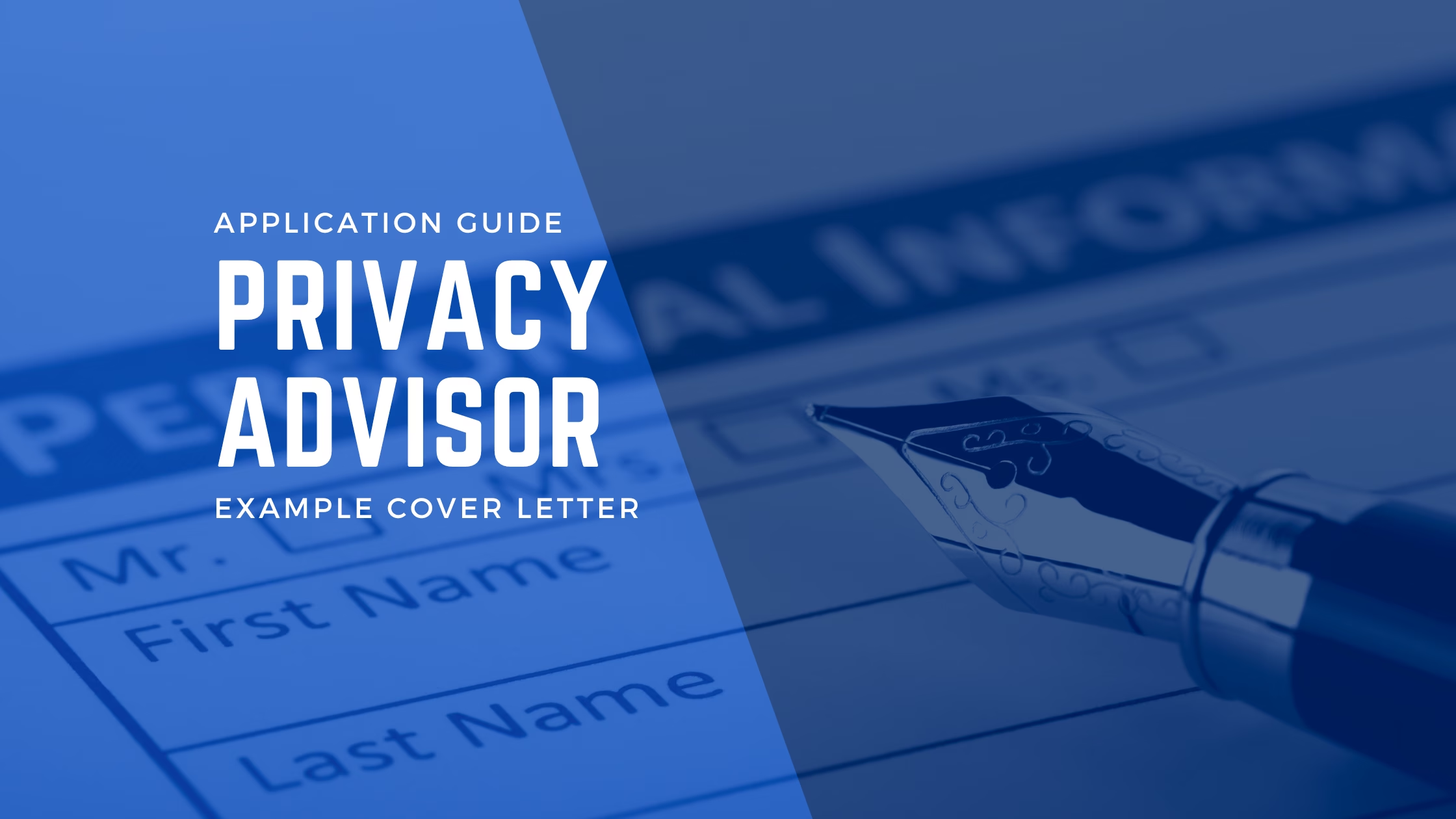The Department of Planning, Housing and Infrastructure (DPHI) is seeking passionate professionals for the Senior Departmental Liaison Officer role.
This position serves as the vital link between the department and the Minister’s Office, coordinating everything from ministerial correspondence and parliamentary processes to stakeholder engagement. Working at the heart of government, you will play a key part in shaping thriving communities and fostering a cohesive network of public sector partners.
If you’ve ever envisioned a role where your collaboration, communication, and knowledge of the machinery of government could make a tangible impact, this opportunity offers exactly that. By joining DPHI, you’ll have the chance to work in an inclusive environment, develop your career in the NSW Government, and mentor junior staff, all while building a robust government network.
Senior Departmental Liaison Officer: Your Path to Impact in the NSW Government
Senior Departmental Liaison Officer Overview
| Position Title | Senior Departmental Liaison Officer |
| Organisation/Entity | Office of the Secretary, Department of Planning, Housing and Infrastructure (DPHI) |
| Job Location | Sydney CBD, NSW |
| Work Type | Full-Time, Talent Pool for ongoing & temporary roles |
| Base Pay | $125,693.00 – $138,510.00 + Super |
| Closing Date | 13/02/2025 – 11:55 PM |
Table of Contents
What Does A Senior Departmental Liaison Officer Do?
The Senior Departmental Liaison Officer works as a key bridge between the Department of Planning, Housing and Infrastructure (DPHI) and the Minister’s Office, ensuring seamless communication and delivery of ministerial requests. This position requires you to handle correspondence, media releases, speeches, and other critical documents that flow through the Minister’s Office. Your contribution extends to mentoring junior Departmental Liaison Officer (DLO) staff and collaborating with multiple stakeholders to uphold the efficiency and integrity of parliamentary processes.
Your responsibilities will revolve around maintaining strong ties within the government network, anticipating and addressing emerging needs for ministers, and contributing to continuous improvements in processes and systems. Success in this role hinges on your ability to navigate the interplay between Cabinet & Parliament in NSW, adapt to the rapid pace of a Minister’s Office, and consistently deliver high-quality support.
Operating as a Senior Departmental Liaison Officer means balancing competing priorities in a high-stakes environment. You must handle last-minute requests for ministerial correspondence, parliamentary questions, and briefing materials with precision and efficiency. You are also often the middle-person, caught between the demands of a Minister and the wants of Senior Executive in the Department. This can be a really challenging position requiring you to navigate interpersonal differences and high stakes policy development.
Time management and your capacity to back yourself when choosing which priority item to do next is a key part of the role.
Additionally, cultivating relationships with diverse stakeholders—from senior public servants to junior DLOs—can require deft communication skills and a calm presence under pressure.
One of the most rewarding yet challenging aspects is mentoring junior staff. You will not only guide them through the intricacies of government procedures but also foster an environment where they can learn to produce high-calibre work. In a setting where shifting priorities are the norm, your adaptability, leadership, and willingness to embrace continuous improvement will be put to the test every day.
Who Should Apply For Senior Departmental Liaison Officer
This role is ideal for ambitious public servants looking to boost their career.
DLO roles offer an opportunity to build relationships at the highest levels. Although the stress and workload are exceptionally high, you can only hold the role for up to 18 months. Government policy mandates rotating individuals through these positions to continually balance the conflicting demands between the Minister and the Department.
After your 18-month term, you should be well-positioned for a promotion when you return to your home agency. The skills you acquire and the relationships you build will open doors to further career advancement.
This is an excellent opportunity at a Senior Departmental Liaison Officer level. It is a talent pool recruitment designed to fill vacancies as they arise over the next 18 months. Given that these are critical, must-fill roles, this approach ensures the Department has staff available as soon as gaps occur.
If you are already in DPHI, be sure to highlight your Department knowledge in your cover letter. Candidates from other parts of the sector should also consider applying.
If you’re outside the public sector, it may be more challenging to secure this role. I’ll be honest. However, if it sounds like a position you would enjoy, by all means, submit an application using the advice provided below.
Application Requirements for Senior Departmental Liaison Officer
Public Sector Application Process
To apply for the Senior Departmental Liaison Officer role, prepare a cover letter and resume that clearly highlight your relevant public sector experience as a priority.
You will need to submit you application via the iworkfor.nsw.gov.au portal before the closing date. After the closing date, your application will get reviewed and you’ll soon hear about next steps, which is likely an interview and other role-based assessments.
In the NSW Public Sector, it’s important to tailor your application to show how you meet key focus capabilities. Give clear and tangible examples that showcase your abilities in stakeholder engagement, communication, project management, and any direct exposure to ministerial correspondence or high-level government operations.
Essential Role Requirements
From the job ad details on iworkfornsw, you will need to clearly demonstrate the below skills and knowledge. These essential requirements should be what you highlight in your cover letter:
- A strong working knowledge of government machinery, including the processes involved in ministerial correspondence, briefings, parliamentary materials, and speeches within the department.
- Familiarity with the department’s functions and objectives.
Prior exposure to a Minister’s Office environment can be a major advantage, given the fast-paced nature of this role. Experience handling media releases, drafting speeches, and coordinating legislation or briefs will also help you stand out.
Beyond technical skills, a strong record of mentoring junior staff and promoting diversity and inclusion in team settings can further underscore your suitability for the position.
Application Checklist for Senior Departmental Liaison Officer
✔ Update Your Resume: Emphasise relevant public sector experience, focusing on roles that involved stakeholder engagement or parliamentary processes.
✔ Draft Your Cover Letter: Showcase your communication skills and readiness for ministerial correspondence, referencing specific achievements.
✔ Review Focus Capabilities: Align your application with the NSW Capability Framework to demonstrate a direct match with the Senior Departmental Liaison Officer requirements.
✔ Get Your Cover Letter Reviewed: Click here for professional feedback.
✔ Submit Your Application: Apply through the iworkfor.nsw.gov.au portal before the closing date.
Candidate Profile
Imagine Alex, a public sector professional who has spent the past 5 years in various NSW Government jobs focusing on policy development and stakeholder management.
Alex is now eager to deepen their experience by moving into a fast-paced Minister’s Office setting. With an interest in working more closely with executives and leading a small team, Alex finds the Senior Departmental Liaison Officer role a perfect match for advancing their career while contributing to the state’s future.
Senior Departmental Liaison Officer Example Cover Letter
Dear Hiring Manager,
I am writing to express my strong interest in the Senior Departmental Liaison Officer position with the Department of Planning, Housing and Infrastructure (DPHI). With a background in policy advising and stakeholder engagement, I am eager to contribute my skills toward enhancing ministerial correspondence, fostering efficient parliamentary processes, and supporting the Minister’s Office in its dynamic operations.
Over the past five years, I have been immersed in various aspects of NSW Government work, from analysing legislative changes to drafting briefing papers for senior officials. My passion for public service stems from witnessing how thorough preparation and effective communication can drive impactful decisions that shape communities and places. In my most recent role, I significantly strengthened collaborative ties within a multi-agency task force focused on regional infrastructure development. The relationships I cultivated underscore my commitment to building a strong government network and ensuring stakeholders remain informed and engaged.
In contributing to ministerial submissions, I understand the critical importance of clear, timely, and accurate reporting.
One particularly challenging task that tested my capabilities involved coordinating an urgent briefing for the department’s executive leadership. The turnaround time was extremely tight—just 48 hours.
To meet this deadline, I took a structured approach: delegating tasks strategically, compiling and verifying critical data, and ensuring all sources were fact-checked for accuracy. I maintained tight scheduling and provided consistent follow-ups to keep the process on track. As a result, I delivered a polished, data-driven briefing well ahead of the deadline, earning commendation from both department executives and the Minister’s Office.
This experience demonstrates my ability to manage high-stakes projects under pressure, effectively coordinate teams, and deliver quality outcomes within strict time constraints.
Another instance where I applied a similar approach was during my six-month tenure as a Project Officer in the Office of the Secretary at the NSW Department of Planning, Housing, and Infrastructure (DPHI). This role provided me with deep insight into the department’s strategic priorities, policy development processes, and its interactions with ministerial offices.
One of my key responsibilities was supporting the coordination of high-priority ministerial briefings and policy submissions that required input from multiple divisions within DPHI. A particularly complex task involved preparing a cross-agency briefing on housing affordability measures, which required integrating data from urban planning, housing policy, and regional development teams. Given the sensitivity of the issue and the urgency of the request, it was critical to ensure that the information was accurate, cohesive, and aligned with the department’s broader objectives.
To achieve this, I worked closely with senior advisors and executives to gather insights, verify key data points, and consolidate recommendations into a clear and well-structured briefing. I established a streamlined review process, setting realistic deadlines while maintaining flexibility to incorporate late-stage updates from policy teams. I also liaised directly with the Minister’s office to ensure that the final document addressed their specific concerns and expectations.
As a result, the briefing was well received, requiring minimal revisions and enabling informed decision-making at the highest levels. My ability to navigate the department’s internal structures, engage effectively with senior stakeholders, and translate complex policy information into clear, actionable advice reinforced my deep understanding of DPHI’s functions and strategic direction.
Beyond operational expertise, I am enthusiastic about mentoring junior staff—a key dimension of the Senior Departmental Liaison Officer role. Fostering an environment where younger professionals feel supported and motivated is particularly fulfilling. In my previous department, I launched a weekly forum for new hires to discuss challenges and successes, providing them with insights into the machinery of government and offering real-time feedback on their work. This not only bolstered team morale but also cultivated future leaders equipped to handle ministerial correspondence and complex governmental processes.
DPHI’s dedication to diversity and inclusion resonates with my own values. I believe that varied perspectives not only enrich decision-making but also reflect the communities we serve. This ethos drives me to maintain a respectful, constructive atmosphere where each team member can contribute freely. With the ongoing focus on forging thriving communities and equitable public spaces, I am eager to leverage my knowledge and collaborative skill set to help deliver on DPHI’s mission.
Thank you for considering my application. I would be thrilled to contribute to your team and support the Minister’s Office in facilitating strategic, well-informed decisions. I look forward to the opportunity to further discuss how my experience aligns with the Senior Departmental Liaison Officer role. Please feel free to contact me at your convenience.
Sincerely,
Alex Morgan
How to use the STAR Technique
The STAR Technique—Situation, Task, Action, and Result—is a structured method for illustrating specific examples from your professional background. In public sector applications, STAR adds depth to your resume and cover letter by transforming a general claim (e.g., “I manage projects well”) into a clear narrative that demonstrates tangible results (e.g., leading a high-stakes, inter-departmental briefing, recommendations approved).
When describing your experience in any public sector recruitment, follow these steps:
- Situation: Provide context or background. What was the setting? Who was involved?
- Task: Explain your responsibility or the challenge you needed to address.
- Action: Detail the specific steps you took, focusing on your individual contributions.
- Result: Illustrate the outcome. Did you meet or exceed goals? What did you learn? How did it benefit the department?
In the example cover letter, you’ll see how two STAR examples were used to highlight the applicant’s expertise in coordinating urgent tasks and aligning multiple stakeholders. By structuring your own experiences in a similar way, you can offer clear evidence of your ability to succeed in a role where strong communication, ministerial correspondence management, and stakeholder engagement are crucial.
Senior Departmental Liaison Officer Interview Preparation
To help you better understand the role and prepare for interviews and capability assessments, check out this detailed NSW Government Policy on the role of the DLO.
LINK: C2024- 04 Department Liaison Officers
In this document, you’ll gain a clear understanding of the role, responsibilities, and assignment process of Department Liaison Officers (DLOs) within NSW government agencies. It outlines the criteria for selection, the importance of political neutrality, and the administrative and financial arrangements governing DLO assignments. You’ll also learn about the guidelines for assignment duration, supervision, and notification requirements to the Premier’s Department, ensuring compliance with public sector policies and ethical standards.
In this document, you’ll gain an understanding of the role and responsibilities of Department Liaison Officers (DLOs), including their function within Ministers’ offices, recruitment and employment conditions, and the guidelines governing their assignments.
You’ll also learn about the requirements for maintaining public service neutrality, the notification process to the Department of Premier and Cabinet, and the financial and managerial arrangements that apply to DLO roles.
Securing an interview is a significant milestone.
To prepare, focus on practical examples that demonstrate your readiness for a Senior Departmental Liaison Officer role. Here are three potential interview questions:
- “Describe a time you managed complex ministerial correspondence with urgent deadlines. How did you prioritise tasks, and what was the outcome?”
- “How do you build and maintain effective relationships with high level stakeholders and across various government entities?”
- “Can you share an example of mentoring a team member in a high-pressure environment?”
Use the STAR method to structure your responses. For instance, when answering the first question, start by explaining the Situation (urgent deadlines), clarify your Task (producing accurate correspondence swiftly), detail the Actions (coordinating inputs from multiple teams, using checklists for final proofing), and conclude with the Result (timely delivery with commendations from senior officials).
Example Answer (in STAR format)
Situation: I was assigned to manage ministerial correspondence for a new policy initiative, due within 5 days.
Task: My objective was to consolidate data from three different departments and draft a clear, concise brief.
Action: I scheduled immediate meetings with key contacts, used an approved template for data submission, and implemented a final proofing stage to ensure accuracy.
Result: The brief was delivered on time, well-structured, and resulted in positive feedback from both the Minister’s Office and departmental executives. Ultimately, the recommendations in the brief were supported and the correspondence sent out to key partners in local government.
Final Thoughts
As you prepare your application, be sure to review the NSW Capability Framework and anticipate interview questions that highlight your ability to manage demanding, detail-oriented tasks. The Senior Departmental Liaison Officer role is highly rewarding for those who thrive under pressure, value collaboration, and seek ongoing government career opportunities. Invest time in structuring your examples in STAR format and consider getting professional feedback to strengthen your application materials.
Ready to take the next step in your NSW Government job journey? Click here to apply through the official iworkfor.nsw.gov.au portal. Don’t forget to have your cover letter reviewed by an expert for the best possible chance of success: Access professional feedback here. Good luck with your application, and I look forward to seeing you accelerate your career with this move.





